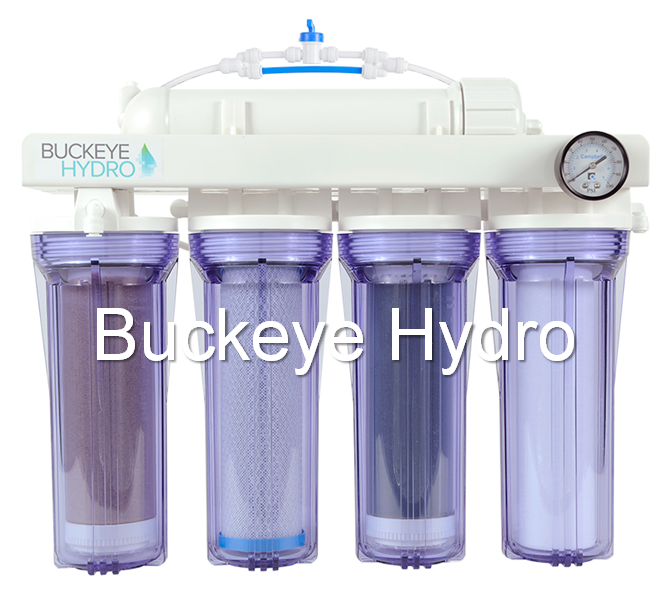BSBrewer83
Well-Known Member
I have recently moved and my water tastes like crap. I am now searching for an RO system. I'm reading Palmers water book. It is a difficult but I see the light at the end of the tunnel.
I am looking for suggestions on a good RO system. We dont drink water from the tap but rather our refrigerator which has a filter. It tastes pretty good but filling up 20 gallons from there would take longer than a brew day. Plus I want a consistent source of RO just from brewing.
All of the cheaper systems I see are for hooking up under the sink. Can I just buy some adapters so that I can hook this up to a garden hose? What would you guys recommend for someone in my situation?
I don't own a PH meter yet but I plan on it once I get my head wrapped around this water stuff. I am also in the process of getting a water report.
I am looking for suggestions on a good RO system. We dont drink water from the tap but rather our refrigerator which has a filter. It tastes pretty good but filling up 20 gallons from there would take longer than a brew day. Plus I want a consistent source of RO just from brewing.
All of the cheaper systems I see are for hooking up under the sink. Can I just buy some adapters so that I can hook this up to a garden hose? What would you guys recommend for someone in my situation?
I don't own a PH meter yet but I plan on it once I get my head wrapped around this water stuff. I am also in the process of getting a water report.




